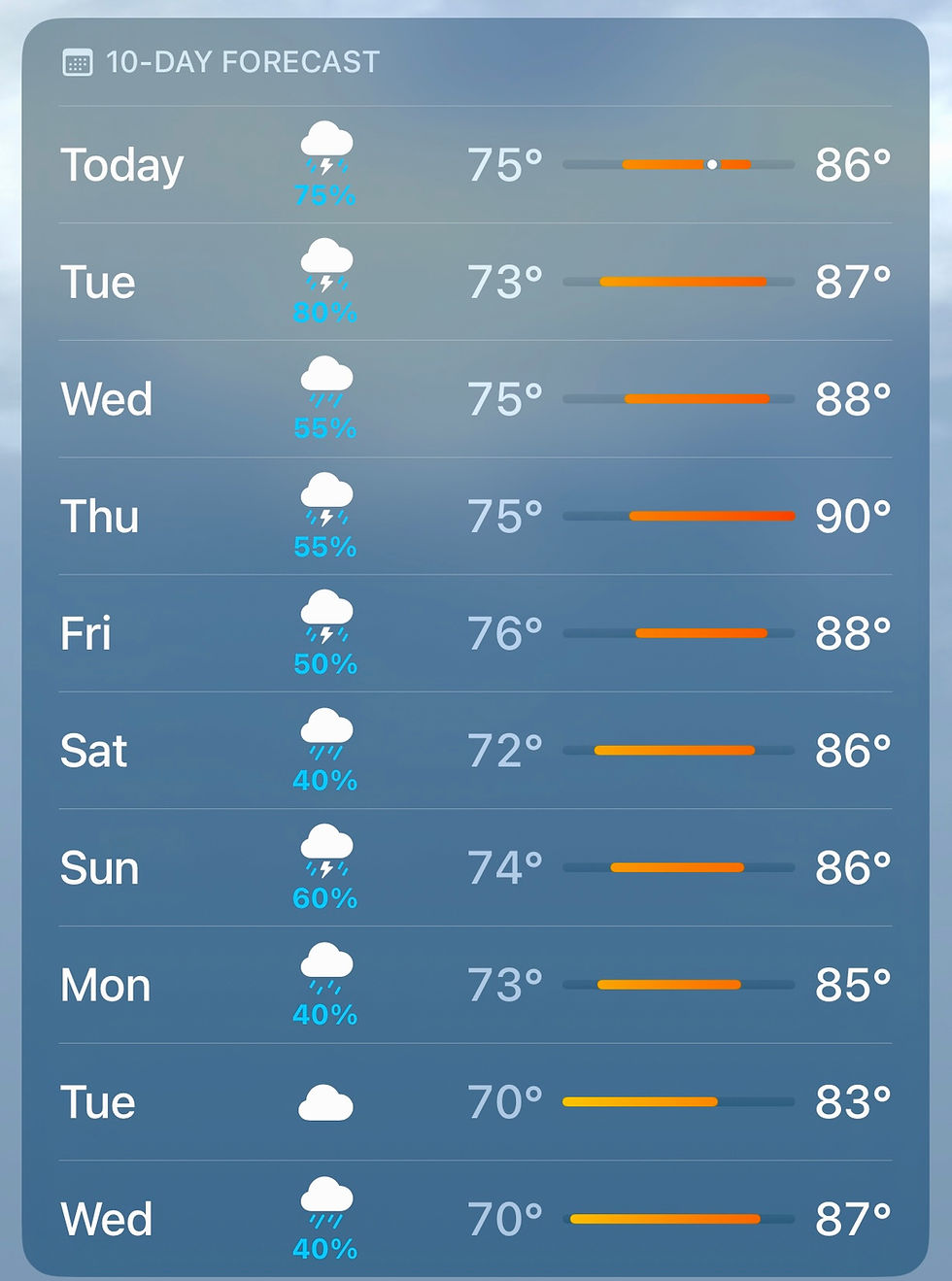Analytics Should Make Us Smarter, Not Stupider
- Michael Hunter
- Apr 26, 2024
- 2 min read

This applies to marketing, business, and one of the biggest businesses of all: sports.
If you watched the NFC title game (the one without Taylor Swift), you’d have seen the Detroit Lions – who everyone in North America outside of San Francisco was rooting for – turn a nearly insurmountable lead over a highly favored team into a stunning defeat.
Much had been written about Detroit’s coach, a highly likeable former player who gambles on 4th down at a higher rate than any other coach. Analytics have long supported his approach. But not in all situations, such as when you’re up by 14 points in the middle of the 3rd quarter and kicking a 45-yard field goal would put your team up by 3 scores, a fate that very few opponents escape. Instead, he gambled and lost, the game flipped in a hurry, and everything that had gone right until that point suddenly went wrong. Then he doubled down by making an identical decision in the 4th quarter, failing again. His team lost by 3. Converting one of the field goals would have sent the game to overtime; converting both would have put them in the Super Bowl for the first time in the nearly 60 years since the National Football League (NFL) had its first.
He gave us a sneak-preview of his decision-making skills near the end of the regular season vs. the Dallas Cowboys: going for the win with a 2-point conversion when down by 1 point made sense from the 2-yard-line (a 50% conversion probability, the same as if the game went into overtime) but it's insane to try it again from the 7-yard-line after a penalty. He joins a group of coaches who’ve similarly cost their teams a shot at a Super Bowl:
🏈 Seattle Seahawks’ coach chose to throw the ball from the 1-yard-line instead of running it into the end zone in the 2015 Super Bowl. New England Patriots intercepted the pass and won.
🏈 Atlanta Falcons’ offensive coordinator (now SF's head coach) had a chance to lock up the 2017 Super Bowl late in the game by running the ball up the middle 3 times from the opponent's 22-yard-line then kicking the FG to go up by 11 points and ensure victory. Instead, he opted for 3 disastrous pass attempts, leading to the greatest comeback ever, again by New England.
In both these cases, the Patriots won not because of their own coach’s brilliance, but because of the opposing coaches’ flawed decision making that defied analytics and common sense.
My company performs business consulting services across “The 6 Ps” of marketing and sales: Product, Price, Promotion, Placement, Positioning, and People. The last one is oftentimes the most difficult given the complexities and frailties of human beings. But sometimes the data is clear, and not just in hindsight. The best leaders have the heart to inspire AND the head to make sensible decisions when it matters.
(Posted to LinkedIn on January 29, 2024)

.png)



Comments